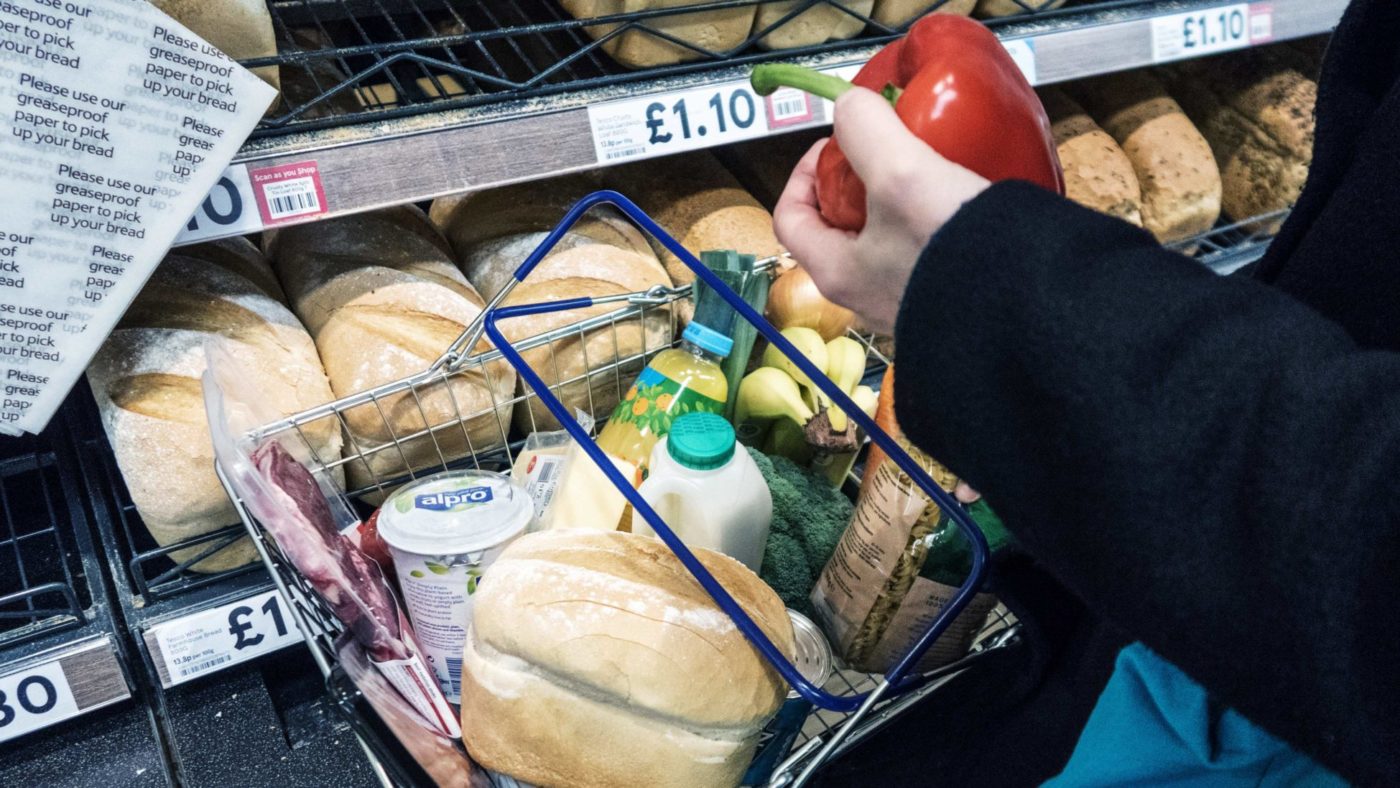For once BBC News has something positive to say about the state of the world and how rich we’ve all become, which makes for a nice change.
More specifically, they point out that the average British household now spends some 8 per cent of gross income on the food bill, down by half in the past 60 years and only perhaps some one tenth of the food and rent bill of the average household in Victorian times.
Contrary to certain beliefs food has become vastly better over this time – long gone are the days when Elizabeth David could remark that the only place you could buy olive oil in the UK was a chemist. Then there were the economist Paul Krugman’s ruminations on why British food was so uniquely dire – a result of early urbanisation before food preservation and transport technologies really developed left us with a damaged palate. Eventually the likes of Ms David and Brits taking regular foreign holidays put paid to all that.
The economics of falling food prices are clear too. We’ve got richer at the same time as food technologies have become more efficient, which means we have been paying an ever smaller amount of our household budgets on grub.
As the BBC tells us, Greeks spend 16% of income on food, Peruvians 26% and Nigerians an eyewatering 59%.
Those figures are, of course, a function of the relative incomes in each of those countries. They spend higher portions of their incomes on food because they are poorer than us.
So, spending on food as a percentage of total spending falling is proof we are getting richer. That we only spend 8 per cent of our incomes on basic sustenance means, by definition, that we are richer as we’ve more income to spend on all the other delights of life.
Scientific advances have also played an important role. The combine harvester reduced the human labour needed to harvest wheat and naturally reduced the price of that most basic of commodities. This is a process happening right across the food groups of course.
But we’ve also got to think about those logistics chains we call supermarkets. The Food and Agriculture Organisation, FAO, regularly releases reports on food waste. Certainly we in the rich West buy too many BOGOFs and dump the excess in the rubbish, but out there in countries without capitalist economies, some 50 per cent of all food rots between field and fork.
Tesco’s new discount arm Jack’s – set up to compete with Lidl and Aldi – is simply the latest iteration of a process that has been benefiting us all so much this past century and a bit.
It’s also true that trade is simply a technology. As David Friedman has been known to remark, we have one that turns wheat into cars – the US ships wheat to Japan and they send back cars. That is just such a transformation, turning corn into conveyances. As the technologies of trade have advanced our food has again become ever cheaper.
There was an agricultural depression in the UK in the 1870s – just when ocean going steamships made it viable to ship wheat from the US mid-west to the British cities. That was just another iteration in the technology that the repeal of the Corn Laws allowed us to exploit.
It happened again in the 1890s as the railways reaching the Ukraine dropped the European price of wheat again. And we should all know that Fray Bentos isn’t just a brand of pie but the name of the port built to process and export the cattle of the pampas to us urbanites with a taste for beef. Bovril, that beloved British drink, was the product of boiling up the scraps so they too could be sent to us.
All of which gives us more than just a pencil sketch of what the future holds as well. As economic growth continues – which it will unless we somehow run out of ideas or Jeremy Corbyn becomes Prime Minister – food will become an ever smaller portion of our incomes.
What’s more, production technologies will continue to develop – so long as ignore the Deep Green Luddites insisting we all go vegan organic.
Then, of course, there’s the magic of trade. Buy the best in the world from those best at producing it. Once upon a time that meant Fray Bentos and Bovril, but even that was better than local bread and pease pudding. Today it means Uruguayan steaks and Ukrainian wheat and Costa Rican pineapples and Chilean wine – isn’t trade delicious?


